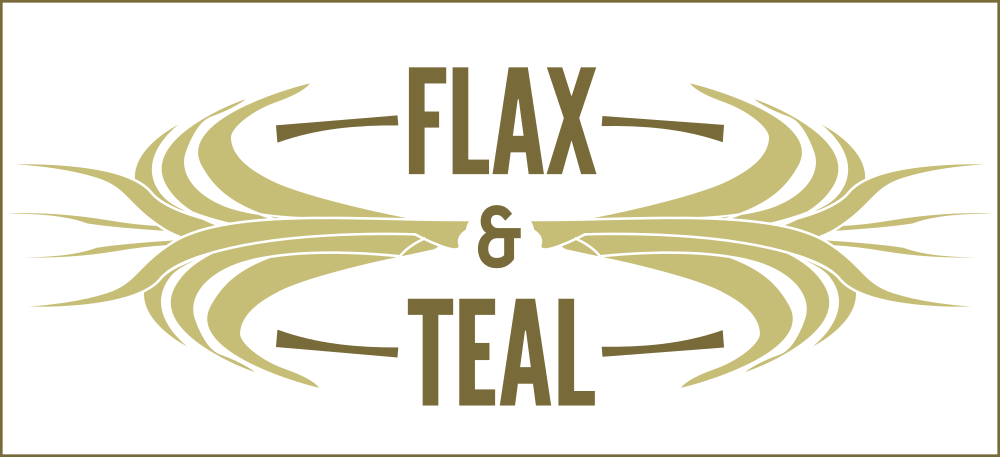Description
The FEniCS 2024 conference is an opportunity for all those interested in the FEniCS Project and related projects to exchange ideas, communicate their results and network with the automated scientific computing community. It will be hosted at Simula Research Laboratory in downtown Oslo.
We welcome developers, existing and potential users of the FEniCS ecosystem as well as mathematicians, computer scientists and application domain specialists interested in numerical methods, their implementation and applications.
The FEniCS 2024 conference will emphasize an open and inclusive atmosphere, contributed talks from a diverse range of scientific areas, and dedicated time for discussions and coding.
Links to previous FEniCS conferences can be found here.
Recordings of the presentations can be found at the FEniCS Project Youtube Channel.
Awardees
Best Poster
Alena Jarolímová, Charles University with the poster Determination of Navier’s slip parameter and the inflow velocity using variational data assimilation.
Best presentation by a PhD student
Alexandre Guibert, University of California San Diego with the presentation Strongly coupled electrochemical-thermal-fluid models of a battery pack using FEniCS.
Best presentation by a Post-doc
Igor Tominec, Stockholm University with the presentation On the Stokes problem well-posedness under pressure Dirichlet boundary conditions.
Nate Sime’s Award for Exceptional FEniCS Visualization
Marc Hirschvogel, MOX, Politecnico di Milano with the presentation Block Preconditioners for (Moving Domain) Fluid Dynamics Coupled to Physics- and Projection-based Reduced Models
NumFOCUS Travel award recipients
Adeeb Arif Kor, University of Cambridge (Leveraging DOLFINx data-oriented design for GPU implementation)
Niklas Vinnitchenko, Technical University of Munich (Higher-Order Time-Stepping in Multiphysics Using preCICE)
Juraj Marcibál, University of Southern Denmark (Implementation of the k-epsilon turbulence model in FEniCS)
Conference Proceedings
Proceedings from the FEniCS 2024 Conference will be published by Springer Verlag as an edited volume in the open access book series Simula SpringerBriefs on Computing. We invite all contributors to the FEniCS 2024 conference to also submit a contribution to the proceedings in the form of an article of 6-10 pages.
For full information please see here.
Conference Schedule
The conference schedule can be found here.
Registration
- All participants must register for the conference.
- Registration is done through EventBrite: FEniCS 2024.
- The conference registration fee is 2500 NOK closing June 1st.
- The early bird registration fee is 2200 NOK is open until April 30th.
Accommodation
The FEniCS conference registration fee does not include accommodation. All participants must organize their own accommodation.
- There are 4-5 hotels in the immediate vicinity (i.e. the same block) as Simula
- A good budget option is the Smarthotel next door
Travel-awards
NumFOCUS have kindly offered to support travel awards for attendees who would otherwise struggle to come to the conference for financial reasons, e.g. junior students and researchers or those working in countries with a less developed research infrastructure.
Applicants are strongly encouraged to submit an abstract to the conference.
To apply for a travel award, send a letter of motivation, an estimation of travel costs, CV and if applicable, the title of the submitted conference abstract to dokken@simula.no.
~~Applications will be assessed by the local organizing committee. The cut-off date for applications is April 15th.
Abstract Submission
The abstract submission deadline was April 5th through abstract submission form.
Best Presentation and Poster Awards
We are thrilled to announce that the following awards will be presented at the conference:
- Best FEniCS 2024 Presentation by a PhD Candidate
- Best FEniCS 2024 Presentation by a Postdoctoral Researcher
- Best FEniCS 2024 Poster
Thanks to the generous support and sponsorship from the Ridgway Scott Foundation, each winner will receive a USD 500 prize. All eligible presentations and posters will be evaluated by the FEniCS 2024 Award Committee appointed by the FEniCS Steering Council.
Grading system for presentations
Judges will use a seven-point scale (0-7) to judge presentations on the following criterion:
Comprehension & Content
- The speaker provided clear background and significance to the research question.
- The speaker clearly described the research strategy/design and the results/findings of the research.
- The speaker clearly described the conclusions, outcomes and impact of the research, and was able to answer audience questions.
Engagement & Communication
- The oration was delivered clearly, and the language was appropriate for a non-specialist audience.
- The presentation slide deck was well-organized and enhanced the presentation.
- The presenter conveyed enthusiasm for their research, articulated thoughtful answers to questions, and captured and maintained the audience’s attention.
The score for each statement will be weighted equally into a final score. The final decision will be made jointly in the judges deliberation session taking the score and other comments into account.
Grading system for posters
Judges will use a seven-point scale (0-7) to judge the the poster and its presentation during the session on the following criterion:
Comprehension & Content
- The poster provided clear background and significance to the research question.
- The poster clearly described the research strategy/design and the results/findings of the research.
- The poster clearly described the conclusions, outcomes and impact of the research, and the presenter was able to answer the questions of the judges.
Engagement & Communication
- The poster used language was appropriate for a non-specialist audience.
- The poster was well-organized and visually appealing.
Sponsors
The poster session is sponsored by
The travel grants are sponsored by
Conference Organizers
- Jørgen S. Dokken, Simula Research Laboratory
- Henrik N. Finsberg, Simula Research Laboratory
- Marie E. Rognes, Simula Research Laboratory



